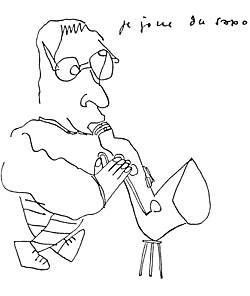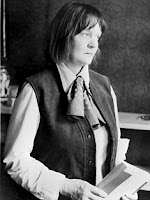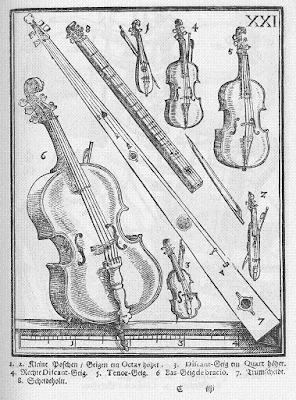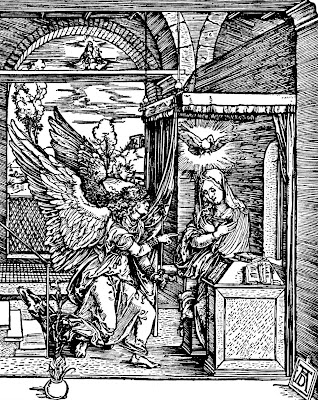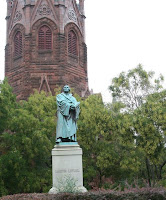
Greetings, dear reader, from Our Nation's Capital. Though this is apparently the very worst time of year, weather-wise, to be here, I have found it a pleasant-enough place during this past week's vacation. Well, it is not technically a vacation, as I have been put to work: this morning I served as organist at
Luther Place Memorial Church, which is on Thomas Circle, in what is a nice — if terribly gentrified — part of the city. The organ is
a 4-manual Möller that has undergone several renovations, but it's not as bad as I feared. The reeds are surprisingly robust, but the mixtures emit a rather awful shriek, like some examples of less-fortuitous
Orgelbewegung design.
The more places in this world I visit, the less inclined am I to see the sights everyone is enjoined to see. This is chiefly because one is always surrounded by tourists in such places, and tourists — especially, I have noted, American tourists — are almost always insufferable. (Perhaps this amounts to a measure of self-loathing on my part?) At the
National Gallery of Art — which is a fine museum, though rather disappointing compared to my beloved Art Institute of Chicago — my experience was severely hampered by obnoxious tourists talking loudly and ignorantly, with art-school-reject tour guides shouting to be heard over them ("Now, the art in this room is a style known as
Byzantine!"). Despite the
ambiance, the collection is a good one. I find I am drawn the most to late medieval painting (Giotto is a particular favorite, and he has a wonderful
Madonna and Child there) and to early Renaissance Netherlandish paintings: there's a spiritual richness there that one doesn't see in many other times and genres. Some things (e.g. American colonial art) leave me entirely cold.
Whilst in the city I have availed myself of various things one cannot do (not well, anyway) at home. I have discovered several excellent restaurants: perhaps the nicest surprise has been
Julia's Empanadas, on Connecticut Avenue between M and N. (An
empanada is, apparently, the Hispanic equivalent of the Cornish pasty: it is very tasty, indeed, at least at Julia's, and they are quite reasonably priced.) Today I took a yoga class: it was at a level a bit above my current skills (that is, none), but enjoyable nonetheless. And I have been wandering around various parts of the city. From what I have seen D.C. resembles far more closely a European city than its American counterparts: there's a sort of Hausmanesque plan to the streets, and indeed some impressive Second Empire architecture down closer to the Mall. The strict guidelines for building height make it a cozier — if more congested, traffic-wise — place to live. The metro and other mass transit services are not nearly as convenient or ubiquitous
as those of Vienna, but one mustn't complain about such things.
All in all, it's not a bad city. No, indeed.






